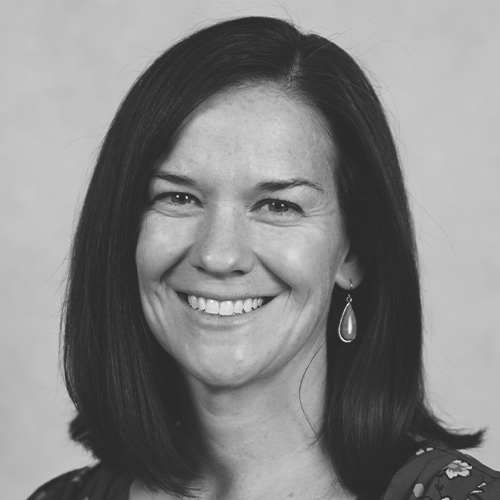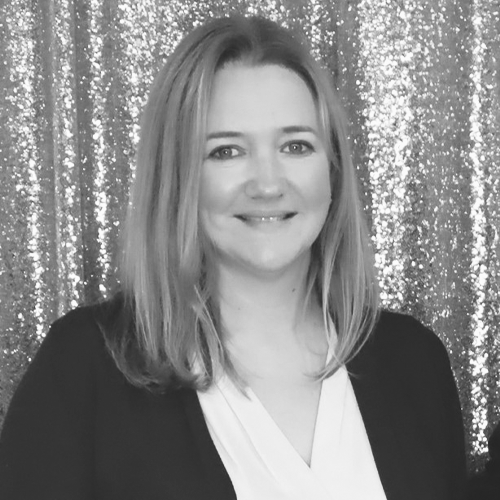Dr. Jennifer Bloodgood is a wildlife veterinarian with the New York State Wildlife Health Program and an Assistant Professor of Practice at the Cornell College of Veterinary Medicine. Prior to joining Cornell, Dr. Bloodgood was the research veterinarian at Dauphin Island Sea Lab, where she oversaw stranding response, necropsies, and disease research focused on marine mammals in Alabama. She holds B.S. and M.S. degrees in Wildlife Biology from Clemson University, a Ph.D. in Integrative Conservation from the University of Georgia, and a DVM from the University of Georgia. As both a wildlife veterinarian and biologist, Dr. Bloodgood has a broad interest in free-ranging wildlife health and disease, with particular interests in pathology, infectious disease, and the interface of human and wildlife health. She enjoys mentoring students and working in interdisciplinary teams to tackle real-world issues.
One Health
Event Overview
Join us for a discussion with Dr. Steve Osofsky, Dr. Krysten Schuler, and Dr. Jennifer Bloodgood of the Cornell Wildlife Health Center at the Cornell College of Veterinary Medicine. They will share their experiences from the field and the lab to illustrate how the health of wildlife and our own health are inextricably linked.
The Cornell Wildlife Health Center, with programs around the globe, strives to sustain a healthier world by developing and implementing proactive, science-based solutions to challenges at the interface of wildlife health, domestic animal health, human health and livelihoods, and the environment that supports us all. With its focus on North America, the Cornell Wildlife Health Lab promotes the health and long-term sustainability of wildlife populations by advancing scientific tools and sharing knowledge to protect and improve the health of native wildlife populations.
What You'll Learn
- How securing the health of our wildlife is key to conservation efforts
- The critical links between our own health and the health of wildlife
- The ways in which the field of wildlife health often yields surprises
- The importance of wildlife resources to the local, state, and national economies
- Insight into Cornell's unique partnership with the New York State Department of Environmental Conservation, an inspiring model for understanding and securing the health of terrestrial and aquatic species and habitats
Speakers
Dr. Krysten Schuler is a wildlife disease ecologist focused on conserving free-ranging species into the future. This entails a multi-disciplinary approach involving risk analysis, field studies, human dimensions, and laboratory experiments. Since 2011, Dr. Schuler has worked with the New York State Department of Environmental Conservation on the cooperative NYS Wildlife Health Program. Prior to relocating to New York, she served as a field epidemiologist with the U.S. Geological Survey National Wildlife Health Center in Madison, Wisconsin. Dr. Schuler has projects investigating moose health in the Adirondacks region, the geographical epidemiology of bear mange, white-tailed deer fawn survival, the population modeling of lead impacts on bald eagles, and chytrid fungus in eastern hellbenders.


Dr. Jennifer Bloodgood is a wildlife veterinarian with the New York State Wildlife Health Program and an Assistant Professor of Practice at the Cornell College of Veterinary Medicine. Prior to joining Cornell, Dr. Bloodgood was the research veterinarian at Dauphin Island Sea Lab, where she oversaw stranding response, necropsies, and disease research focused on marine mammals in Alabama. She holds B.S. and M.S. degrees in Wildlife Biology from Clemson University, a Ph.D. in Integrative Conservation from the University of Georgia, and a DVM from the University of Georgia. As both a wildlife veterinarian and biologist, Dr. Bloodgood has a broad interest in free-ranging wildlife health and disease, with particular interests in pathology, infectious disease, and the interface of human and wildlife health. She enjoys mentoring students and working in interdisciplinary teams to tackle real-world issues.

Dr. Krysten Schuler is a wildlife disease ecologist focused on conserving free-ranging species into the future. This entails a multi-disciplinary approach involving risk analysis, field studies, human dimensions, and laboratory experiments. Since 2011, Dr. Schuler has worked with the New York State Department of Environmental Conservation on the cooperative NYS Wildlife Health Program. Prior to relocating to New York, she served as a field epidemiologist with the U.S. Geological Survey National Wildlife Health Center in Madison, Wisconsin. Dr. Schuler has projects investigating moose health in the Adirondacks region, the geographical epidemiology of bear mange, white-tailed deer fawn survival, the population modeling of lead impacts on bald eagles, and chytrid fungus in eastern hellbenders.

- View slide #1
- View slide #2
- View slide #3
View Keynote by completing the form below.
You're Registered!
